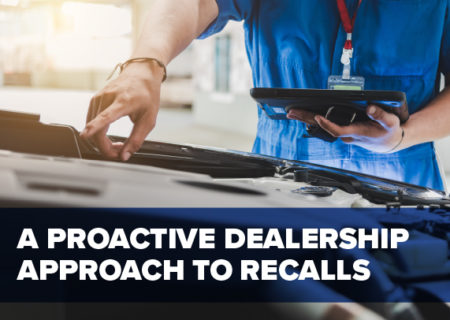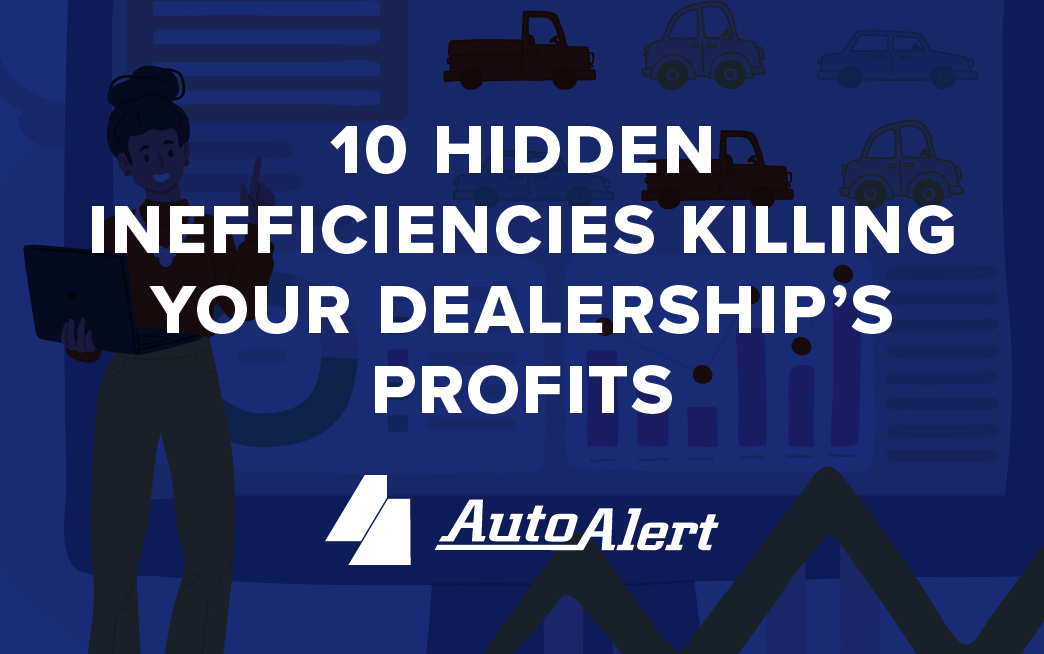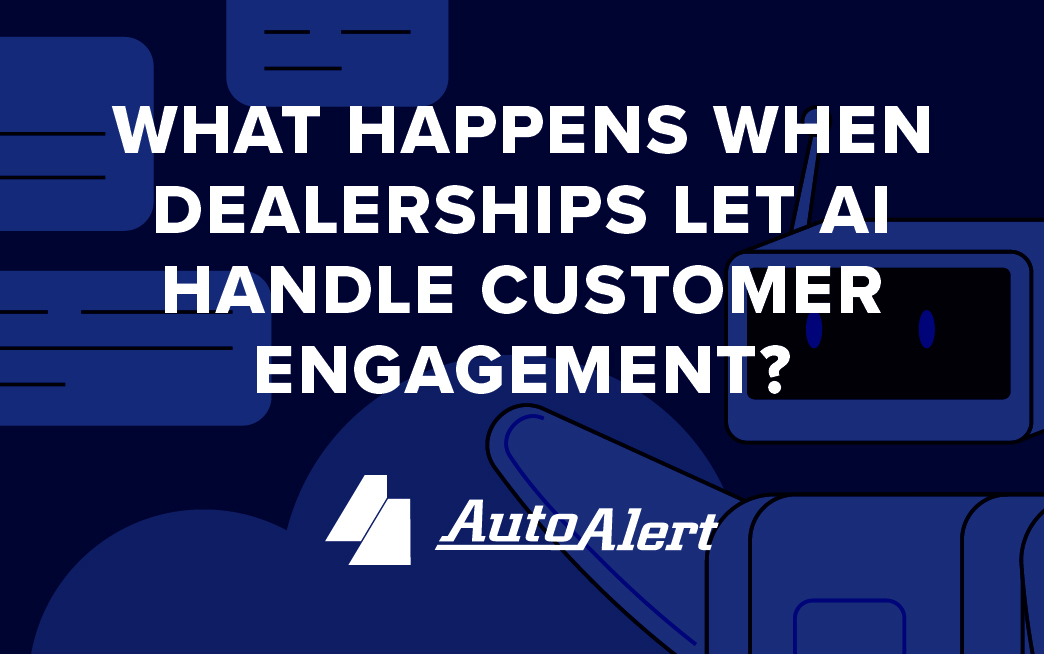

A Proactive Dealership Approach to Recalls
With the number of recalls hitting record levels, automotive manufacturers and dealerships need an easy recall-handling process that addresses consumer concerns and builds trust and loyalty.
Data platforms like AutoAlert and Service Lead Management provide dealerships with opportunities to get out in front of their customers’ recalls and foster transparency while also providing opportunities for service and future sales.
Study Calls for Change to Recall Announcements
A new study found that OEMs tend to “hide in the herd” when announcing a recall to the public.
The study, published earlier this year, analyzed 3,117 automotive recalls over a 48-year period, between 1966 and 2013.
Results showed that when the first OEM announced a recall, there was, on average, a 16-day delay before additional OEMs announced the same recall, with those additional announcements occurring in a cluster.
“The implication is that auto firms are either consciously or unconsciously delaying recall announcements until they are able to hide in the herd,” said George Ball, assistant professor of operations and decision technologies and Weimer Faculty Fellow at Indiana University’s Kelley School of Business.
The study also indicated that OEMs that led recalls faced stock penalties by as much as 67 percent as compared to those that waited.
Getting Ahead of Bad News
Consumers today expect transparency from the brands they do business with and staying ahead of consumer concerns is certainly a good thing.
Data-backed dealerships can accomplish this by using recalls as one more piece of data to better meet all of their customers’ needs.
With recall data updated daily, dealerships using AutoAlert are offering consumers a new customer service (i.e., reaching out to them in a proactive way so that they can get their recall addressed quickly and easily) while at the same time driving business to their store.
Data Strategies
Dealerships can use recall information strategically, in the same way they use other data – both as a single data point or as part of a collective that paints a more complete picture of customers’ needs.
AutoAlert identifies the right customers and gives you information that is helpful. Maybe the data and analytics have indicated that they’re in-market, that they were on your competitor’s lot yesterday, that they’re shopping crossovers, and that their warranty is almost up. Now you have a much better reason to start a conversation.
Here are a few recall focal points that AutoAlert dealerships have used to strategize and meet customers’ needs this past year:
- Recalls that involve the greatest safety concerns
- Recalls for customers who live a short distance from the dealership
- Recalls involving parts that the dealership already has in stock
- Recalls for customers who have a data-backed opportunity to upgrade
- Recalls for customers who have a data-backed opportunity to upgrade and a digital footprint* that indicates they’ll likely purchase soon
- Recalls for customers who have a data-backed opportunity to upgrade and currently own a vehicle that the dealership would like to obtain
Sometimes it makes sense for a dealership to simply remind customers that they have an open recall; other times it makes sense to let them know of the opportunities they have to upgrade.
In any case, these dealerships were able to keep their service drives at capacity during the most uncertain times, including at the beginning of the pandemic.
John Guido, Jr., General Manager/Partner at Arlington Heights Ford, says he is glad he now has the capability to offer recall resolution as a customer service option.
“You’re making a phone call that should have been made a long time ago,” Guido says. “It’s giving us a good reason to call that customer and let them know that we’re concerned most about their safety. Ultimately, we’re keeping that relationship tight, when otherwise we might not even be getting ahold of them.”
For more ways that data can help you build customer relationships and strategize for your dealership, schedule 10 minutes with one of our data pros today.
*With AutoAlert, the digital footprint might include online shopping behavior, physically shopping on a competitor’s lot (determined via advanced geolocation technology), engaging with your website or other marketing materials, interacting with an AI-assistant, or any combination of these.



